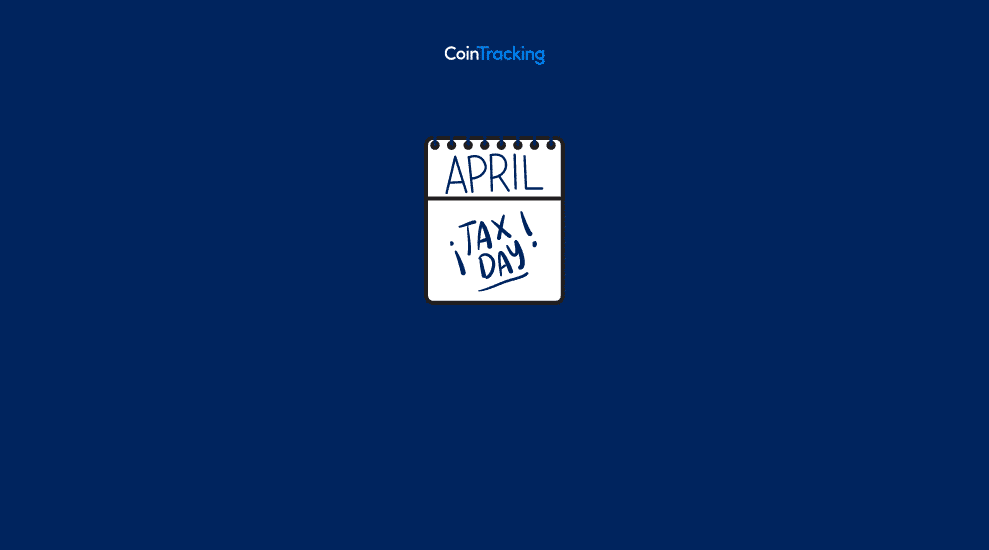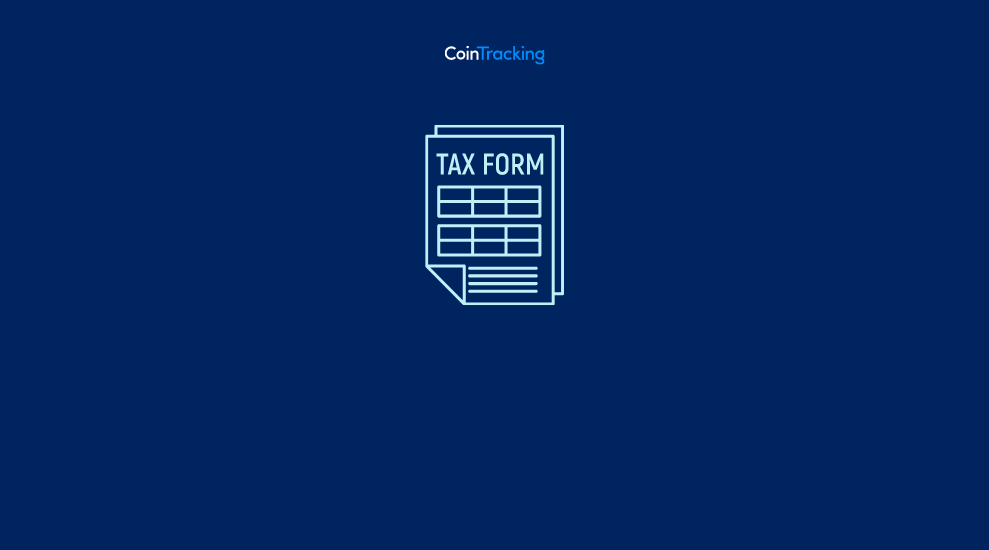The Tax Guide to Crypto Loans
29 Mar, 2023 · 5 min read
As crypto holders worldwide increase, more people are looking for alternative ways to earn passive income with crypto, while others want to take advantage of crypto-backed loans.
More and more crypto exchanges and products offer crypto loans and interest-earning vehicles, such as Binance, BlockFi, Crypto.com, Celsius, and Nexo. These platforms are not only attractive from an investment point of view but there could also be interesting tax advantages.
Today we cover all the tax implications of taking crypto backed loans, but first, let’s explore more about them.
What are Crypto loans?
A crypto loan works similarly to a traditional loan. On one side, you can put your crypto holdings to work by generating interest on locked funds into interest-earning platforms. On the other side, you can use some of your crypto holdings as collateral to borrow cash (e.g., USD) or other cryptocurrencies.
Why take Crypto loans?
Using crypto earning platforms, you can borrow money at an interest rate usually much lower than what you would have to pay to a bank for personal loans while using some of your cryptocurrency as collateral.
If you believe in the long-term price potential of Bitcoin or another cryptocurrency, with crypto loans, you do not have to let go of those potential profits to raise cash. As a result, you can keep your crypto for long-term holding, benefiting from long-term capital gains taxes when you sell in the future.
However, there are other implications of taking crypto loans. For example, if the cryptocurrency used as collateral drops in value, the exchange may liquidate some of it to maintain the required loan-to-value (LTV) ratio. You should properly account for these situations while considering taking a crypto-backed loan.
Where can I take a Crypto loan?
There’s an increasing number of tools offering competitive annual percentage rates (APR) when taking crypto loans. For example, BlockFi, one of the leaders in the space, is announcing a 4.5% APR when taking crypto loans with Bitcoin as collateral. On the interest-earning side, BlockFi offers from 5.25% to 8.6% rates, depending on the crypto you have to stake (lock funds), while those higher rates concern deposits with stablecoins such as USDC or GUSD.
Competitors such as Crypto.com offer more cryptocurrencies as options earning higher interest rates (from 8.5% to 14%), especially with stablecoins (e.g., Dai, Tether, TUSD, Paxos), and charges 12% interest rate for crypto loans. Nexo offers 8% to 12% interest-earning rates from various cryptocurrencies while announcing a 5.9% APR for crypto-backed loans.
Major exchanges like Binance also offer crypto loans while other alternatives such as Celsius are presenting rates, starting at 1% for taking crypto-backed loans. It is worthwhile mentioning that the final interest rates can change slightly from those announced, depending on many personal factors, Crypto/FIAT chosen, etc.
Is borrowing a Crypto loan taxable?
In the US, most cryptocurrency trading creates taxable events. If you have any doubts, check our recently published comprehensive guide on all the tax details when trading crypto. So, how does it work with loans?
In the US, borrowing money is usually not a taxable event. Similarly, lending crypto or FIAT to someone is not a taxable event.
When it comes to a personal loan, the interest you pay for the loan is not tax-deductible unless it qualifies as investment interest. The setting gets complicated when you use the loan proceeds to buy crypto, later sell that coin for a gain or loss. It’s very important to understand the tax implication of each step in the sequence.
Let’s look at a detailed example below.
John borrows USDC with Bitcoin as collateral: Crypto loan real-life simulation in steps
Step 1: John buys Bitcoin in 2019
In November 2019, John bought 1 Bitcoin for $8,000. In December 2020 (13 months after), John wants to take a crypto loan, using his Bitcoin as collateral. At that point in time, 1 Bitcoin was $27,000.
Let’s recap that buying any crypto with fiat is not a taxable event in the US, and holding it is also not taxable. Furthermore, transferring crypto between wallets is also not a taxable event in case you need to do so for your crypto trading or security reasons.
Step 2: John takes an USDC loan
In December 2020, John took a crypto loan and received $9,000 worth of USDC by using that 1 BTC as collateral. As we’ve seen before, taking a crypto loan is not a taxable event.
Step 3: John wants to trade USDC for Ethereum
Amid Ethereum’s rise in price, John wants to use his new crypto to buy Ethereum and take advantage of its price increase instead of holding a stablecoin like USDC.
In January 2021, John used his 9,000 USDC (worth $9,000) for 10 ETH, when each Ethereum was $900. Since USDC is a stablecoin, this is treated as if John is using USD to purchase ETH. John’s basis in the 9,000 USDC is $9,000 because he’s on the hook for repaying the USDC to the lender. He gets the cost basis from this liability (i.e., debt basis).
Step 4: John sells his Ethereum for a profit
In March 2021, John sold his 10 ETH for 12,000 USDC, worth $12,000, due to Ethereum’s rise in price. This transaction is taxable, and John will have to pay capital gains taxes on that $3,000 profit, on top of the loan interest.
Since John sold his ETH 12 months before holding it, he will enter a short-term capital gains tax setting, with a tax rate ranging from 10% to 37% in the US. In this simulation, we’re assuming a 35% rate for simplicity purposes, as the real rate will depend on many other factors (e.g., filing status, taxable household income).
As a result, John will pay $1,050 in capital gains taxes from this transaction ($3,000*35% short-term capital gain tax).
Sign-up to CoinTracking today!
Step 5: John repays his crypto loan and pays interest
In this example, John took the loans at a rate of 8%/year, meaning his total interest will be 8% of the total amount loaned for two months. As a result, John will repay his loan of $9,000 and $120 in interest ($9,000 x 8% /12 x 2 months).
After repaying his loans, paying interest, and paying his short-term capital gain taxes, John has a total expense of $1,170 ($1,050 from taxes and $120 from interest).
What was John’s total profit from taking a crypto backed loan?
In reality, John is taking advantage of 2 different sources of profit. Firstly, by taking the loan and having more crypto available to trade for another cryptocurrency, John profited from that trade. His reward was $2,880 after repaying the loan and not accounting for the taxes on the trade.
Secondly, John still has his Bitcoin, which increased in price while using it as collateral. John is setting on an unrealized gain from its initial Bitcoin purchase. In March 2021, Bitcoin reached $60K while John bought it in 2019 at $8K. When John sells his Bitcoin, it will be a taxable event subject to a long-term capital gains setting, saving in taxes due to holding for more than 12 months.
Finally, after accounting for taxes, this operation was very profitable for John and shows the advantage of crypto loans, resulting in a $1,830 gain. Crypto loans can be an interesting vehicle for crypto holders while expanding the sources of passive income available.
*This post is part of the Crypto Taxes AMA series. Follow our weekly AMAs on Twitter where our expert CPA, Sharon Yip answers your crypto tax questions.
Disclaimer: All the information provided above is for informational purposes only and should not be considered as professional investment, legal, or tax advice. You should conduct your own research or consult with a professional financial advisor when investing.
Share this









